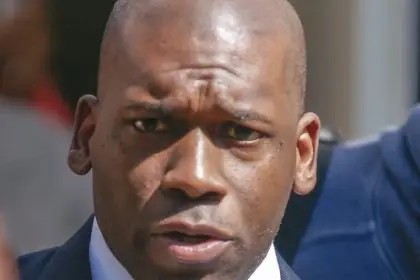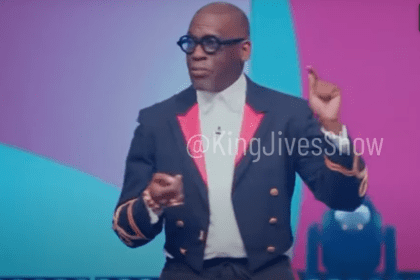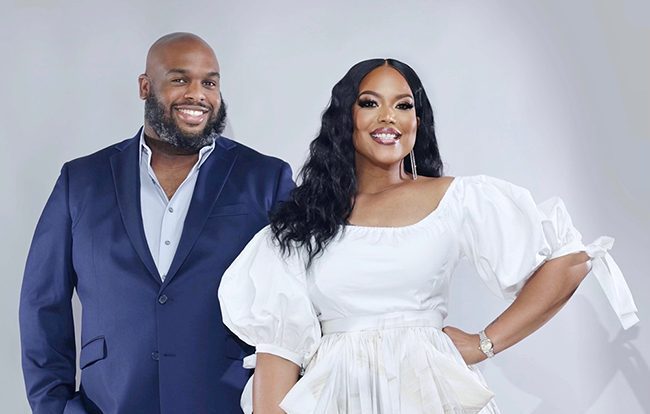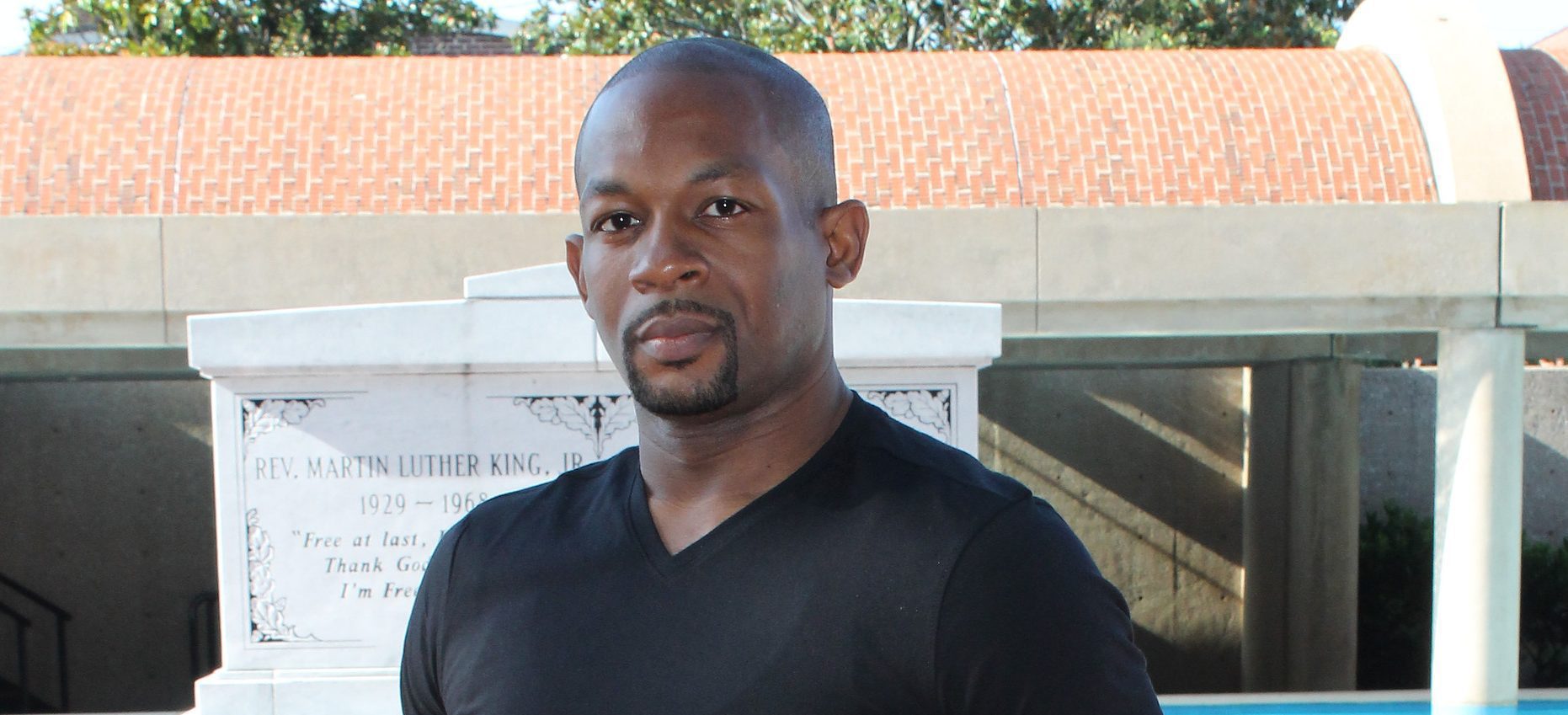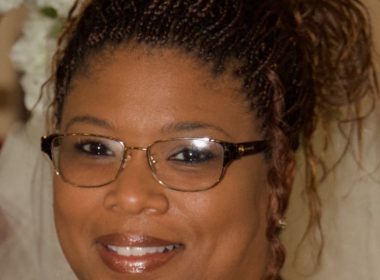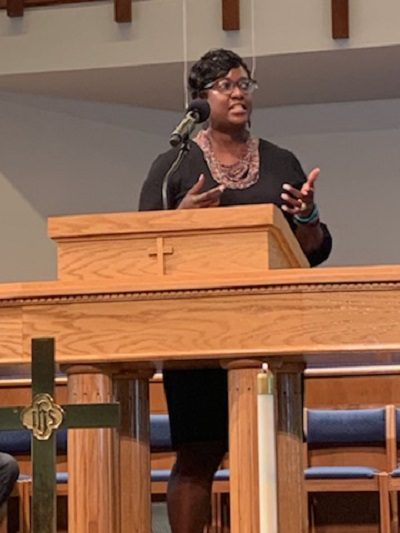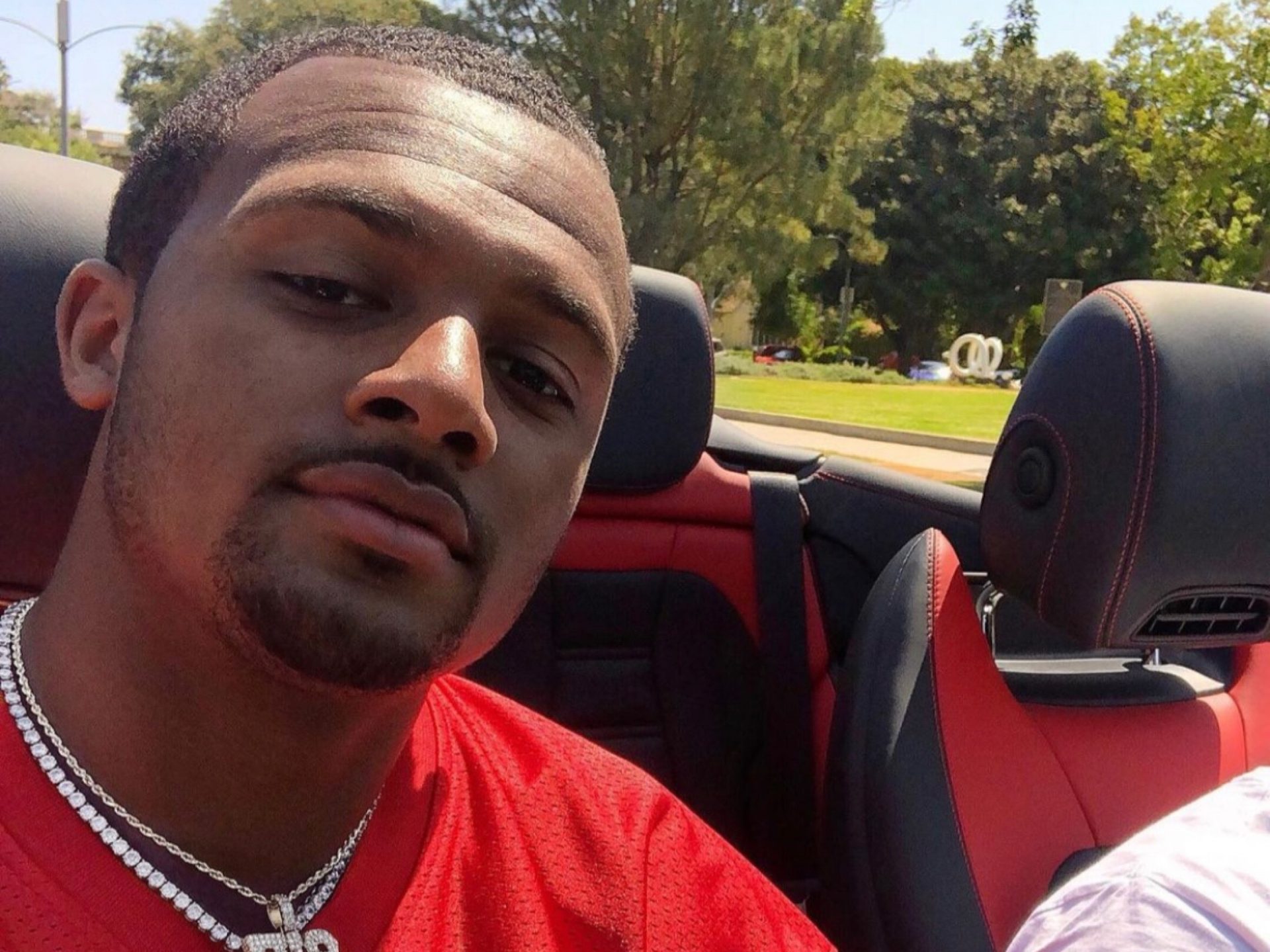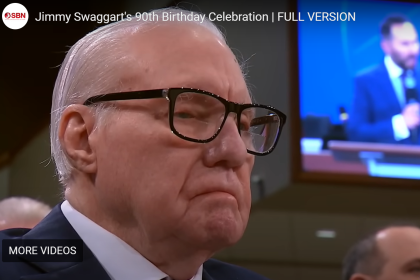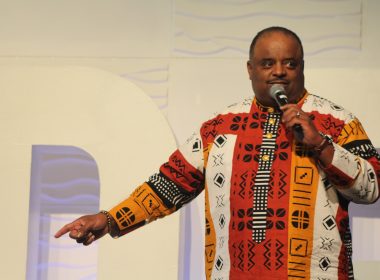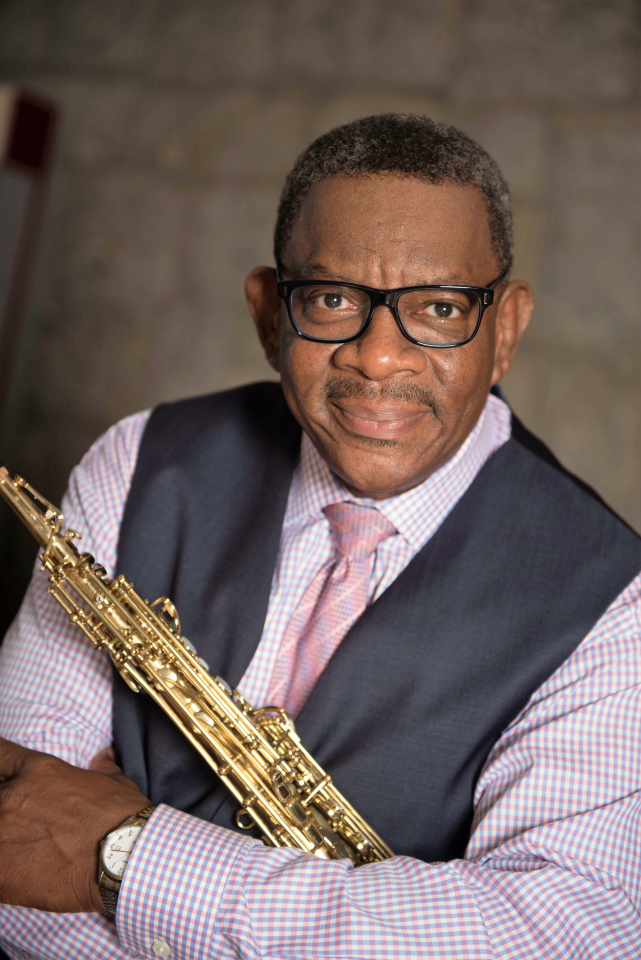
Historic First Congregational Church, United Church of Christ, is commemorating 150 years of mission and ministry to Atlanta and the world. Founded in 1867, the inclusive African American faith community is planning an eighteen-month celebration of special events and programs in celebration of the extraordinary legacy of First Congregational Church and in anticipation of its next century of service. The anniversary theme, Building on Purpose, affirms that God has a specific purpose for God’s people and God’s church. The prophetic mission and ministry of First Congregational Church are to continue to build its intentional ministry based on the needs of the people of God.
Rolling out spoke with the Reverend Dwight D. Andrews about the history of his church and its relevancy in Atlanta.
What brought you to Atlanta and to the pulpit?
What bought me to Atlanta first was a teaching opportunity at Emory University here in Atlanta. That is why my wife and I came here from Connecticut. Because there are so very few Congregational churches, I joined First Congregational. We were members for several years before I was initially appointed as an associate pastor. I became the senior minister of the church in 1999.
First Congregational Church was founded by Whites and free slaves during reconstruction after the Civil War. Is there a lesson to be learned from that today?
There are several lessons to be learned from it because in some ways the success of the church was made possible because of the White missionaries. These missionaries took at great risk the responsibility of educating newly freed slaves. As you can imagine during the 1860s this was very dangerous work right after the Civil War. So for these White missionaries to give religious instruction as well as instructions in a working trade that enabled the members of the church, Atlanta, and the world to be an enabler for many for the past 150 years.
The first lesson for me was that we must find ways to build each other up as a community. Were it not for those White missionaries willing to take the risk to do the work of training and educating African Americans we would not have our church today.
The second lesson, at least for me, is that education is still a key for getting out of poverty. If we don’t educate our nation, and that means everyone, we really run the risk of going backward. Part of the struggles that we see in the social fabric of our nation is because of the incredible ignorance of us both Black and White.
What do you think keeps your church relevant after 150 years in the Black community of Atlanta?
Part of what we do to stay relevant is that we try to minister to the whole person. So it’s not just church on Sunday to feed our own souls but we are actively engaged to serve our community like many churches. We feed the needy and help those less fortunate than we are and lift up things that support the entire community. It is the mind, body and soul kind of effort that I think keeps us relevant. We try to encourage good community and healthful living by having partnerships that work on health issues like obesity and working with food insecure populations at Georgia State. Believe it or not, there are some students who are struggling to eat and continue their studies so we try to help.
There are those who claim to be spiritual but are not members of an organized church. Is this an issue?
The Christian church is a communal experience; we spirits are fed by other spirits in the world. You are absolutely right that there are many folks who consider themselves spiritual and don’t feel they need to belong to any organized community of “co-spiritualist.” The fact of the matter is that the church provides a communal context for us to live out our spirituality. Our whole understanding is that we must live in communion with one another. That is the strength that keeps us relevant. Unfortunately, the history of religion has also included a history of abuse and taking advantage, so we have to do a better job on what is good about church and religion.
On Sunday, Oct. 1, 2017, US Senator Kamala Harris will speak at your 150th-anniversary worship service. What led your church to choose Sen. Harris?
I was watching the Senate hearing involving the questioning of Attorney General Jeff Sessions and I was so taken by Sen. Harris’ clarity of questions and statements, I said, ‘Who is this woman?; As I looked into more of her background, I thought she would be a great choice because she is one of our leaders on the national scene and I think she is a very committed social justice soldier. Social justice is a part of what this church is about. The Black church has a legacy of having important speakers as part of its national pulpit for over a 150 years. Booker T. Washington gave the groundbreaking speech when this church was built, so we try to bring the voices of important leaders of our time and we will continue to try to do that.
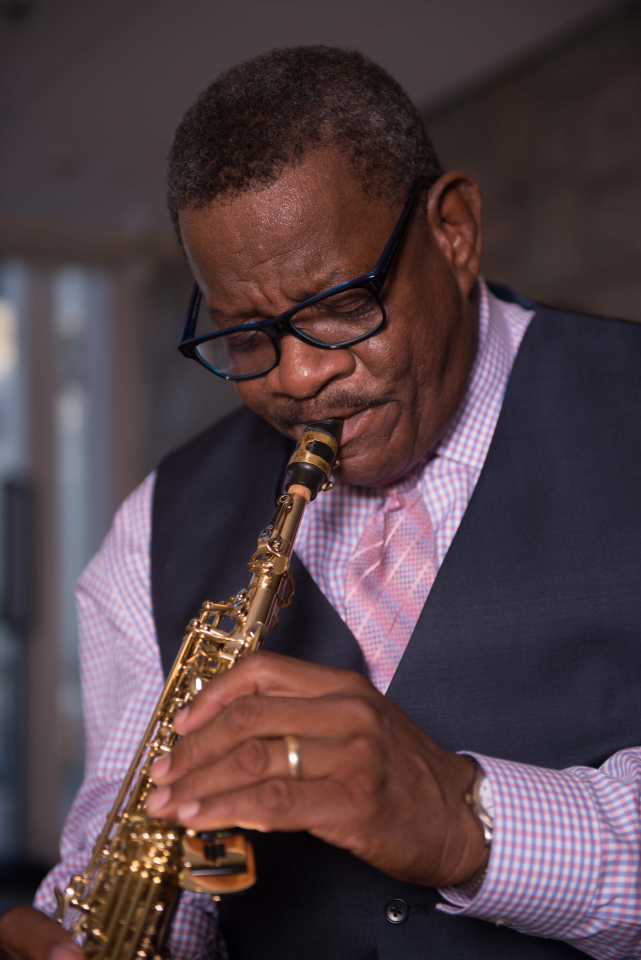
Your church has a regular third-Sunday jazz-themed service. Why did you make this decision?
Part of it has to do with the fact that I am a jazz musician. The other part is that jazz is one of the great expressions of African American culture. It has a very string palpable spiritual message if you listen to it. Jazz is part of the cultural and spiritual hub of our community. Jazz has a way of stating something powerful and spiritual as seen by past great musicians and we are just lifting this genre as well as others in our service.
What would you like to say to our readers in closing?
Please come to the anniversary to see the shape of things to some as we look forward to Atlanta’s future and distinguish it from its past. All of our houses of faith all play fundamental and important roles in keeping our community whole. I want people to come to our celebration no matter what their orientation, for a crucial and exciting experience.

